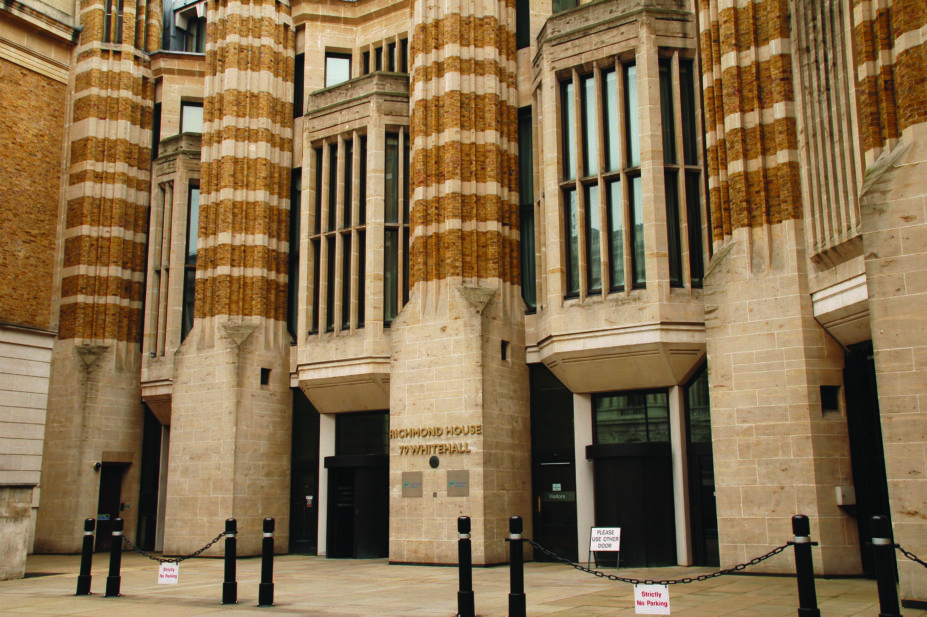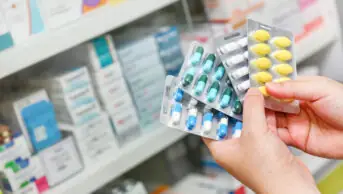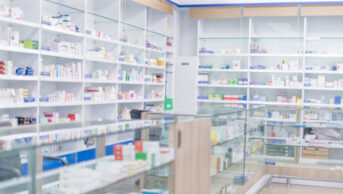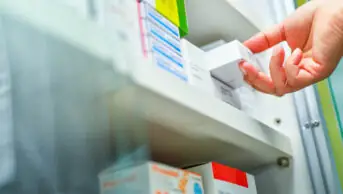
Shutterstock.com
The pharmaceutical industry paid nearly £200m during the first two quarters of 2017 to help support the use of branded medicines by the NHS, the Department of Health (DH) has revealed.
DH published second quarter (Q2 2017) data from the Pharmaceutical Price Regulation Scheme (PPRS), a voluntary agreement between the DH, on behalf of UK government, and the Association of the British Pharmaceutical Industry (ABPI) on 27 October.
The data showed a 4.54% growth in measured spend for the 12 months ending Q2 2017, versus 12 months to Q2 2016. The growth for the latest nine months was slightly higher at 4.83%.
So far, the pharmaceutical industry has contributed more than £1.9bn in PPRS payments to underwrite the growth in branded medicines covered by the scheme, which included £94m during the first quarter (Q1) of 2017, the DH said.
In 2016, the total PPRS payment totalled £620m, compared with £845m paid in 2015.
David Watson, director of pricing and PPRS for the ABPI said: “The PPRS scheme provides the Department of Health with a mechanism to manage how much they spend on medicines and provides a degree of predictability for the industry.
“This new Q2 data shows a growth of ‘measured spend’ — the amount the medicines in the scheme cost — of over 4%, but thanks to the PPRS scheme the actual amount spent on those medicines has only grown at just over 1% on average per year since 2014.”
He added: “As the ABPI, we are keen that the PPRS is relevant to the NHS into the future.”
Some 134 companies, representing 93% of the UK branded industry have joined the PPRS, which came into effect in January 2014 and runs for five years.
Companies opting in to the PPRS must submit an annual financial return to the DH and if their profits exceed a certain level, the company must repay the excess or reduce their prices. Generally, no scheme member may increase the NHS list price of any product covered by the scheme without DH approval, and the DH will not agree to an NHS list price increase unless the scheme member’s estimated and forecast profits are below specified limits calculated by the DH.
The pharmaceutical industry has agreed to keep NHS expenditure on branded medicines flat for two years, and under 2% growth for the following three years. Companies will make percentage payments based on any difference between allowed growth and actual growth in NHS expenditure on branded medicines, subject to the agreed exclusions.


